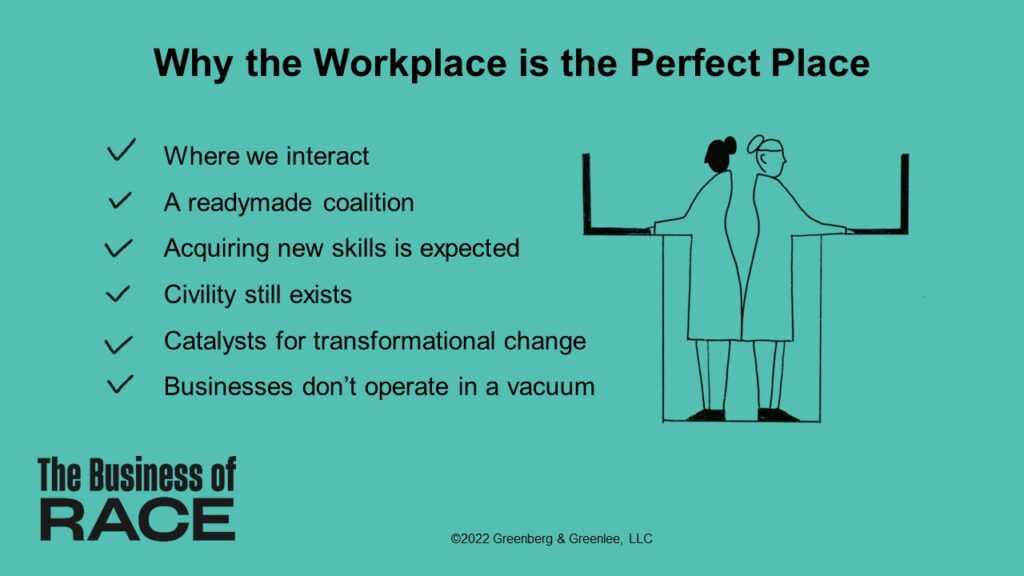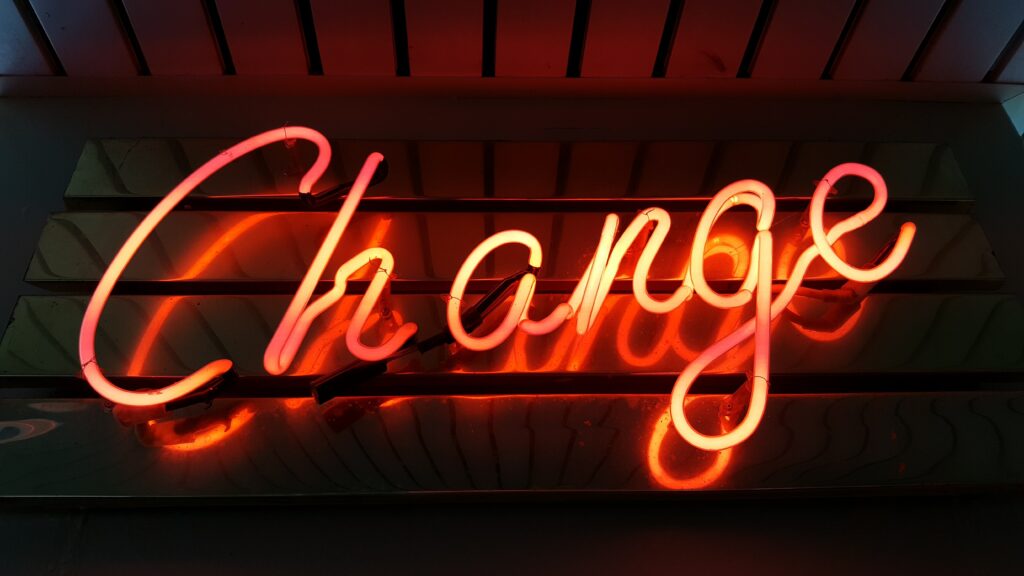“Societal leadership is Now a Core Function of Business…”

…says Edelman, a privately held communications firm with 60 offices around the globe.
Edelman Trust Barometer
Every year since 2000 Edelman has conducted a trust and credibility survey. For the 2022 survey, they interviewed 38,000 respondents across 28 countries and published the findings in a report called The Edelman Trust Barometer.
Of the studied institutions, businesses, once again, are the most trusted. Globally. The 2022 barometer is showing that trust in government continues to spiral. Key finding: 61 percent of respondents said business is the most trusted institution, ahead of NGOs at 59 percent, government at 52 percent and media at 50 percent. The survey’s respondents are struggling with how government and the media are fueling a cycle of distrust between each other. So, they are turning to businesses to take stronger leads in societal challenges. There are many. The one we are passionate about in these pages is how business can influence racial equity.
The Report’s Top Ten Findings.
Why Trust?
Edelman believes that trust is the ultimate currency in the relationship that all institutions—companies and brands, governments, NGOs and media—build with their stakeholders. “For a business, especially, lasting trust is the strongest insurance against competitive disruption, the antidote to consumer indifference, and the best path to continued growth.” Without trust, Edelman says, credibility is lost, and reputation can be threatened.
Keep Learning, Growing
We learned of the Edelman Trust Barometer in February 2022 when we were guests on The Mind Tools Learning and Development podcast hosted by Ross Garner and Nahdia Khan. The topic: why work is the ideal place to talk about race. That’s not only a catchy podcast title. We believe it. And make a strong case for it in The Business of Race.

Historically, the workplace has been a domain for transformational societal change. From the industrial revolution to the digital revolution, businesses have led not only how we work but also how we live: from personal computers on every desktop and the ability to work from anywhere in the world, to on-site daycare and flexible work hours. During the Covid-19 pandemic, in many cases organizations were well ahead of government in protecting employees through remote work practices.
With millions working from home, videoconferencing became the office communication standard between clients and colleagues. Now this technology routinely connects family and friends and is a learning platform for K–12 and college students. Apps like Zoom, Microsoft Teams, Google Meet, and GoToMeeting, once used exclusively for business, have become popular in households around the world. From bridal showers and happy hours, to holiday shindigs and funeral services, gathering over a once business-only platform has become the new norm.
Businesses Can Lead Another Transformational Change

And that is advancing an antiracist society. It starts with businesses setting as a strategic priority, an antiracist workplace. Then applying resources (enormous in the case of large corporations) to educating their workforce, facilitating constructive conversations, and evolving their policies and practices.
Download the Full 2022 Trust Barometer Report.

